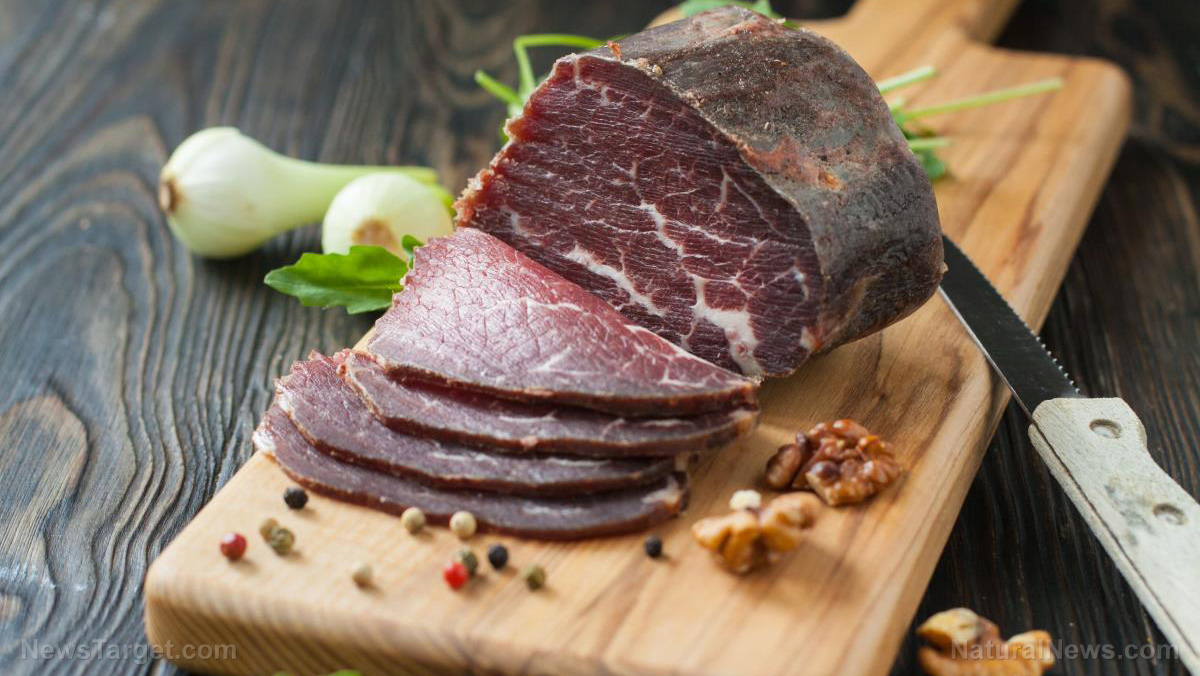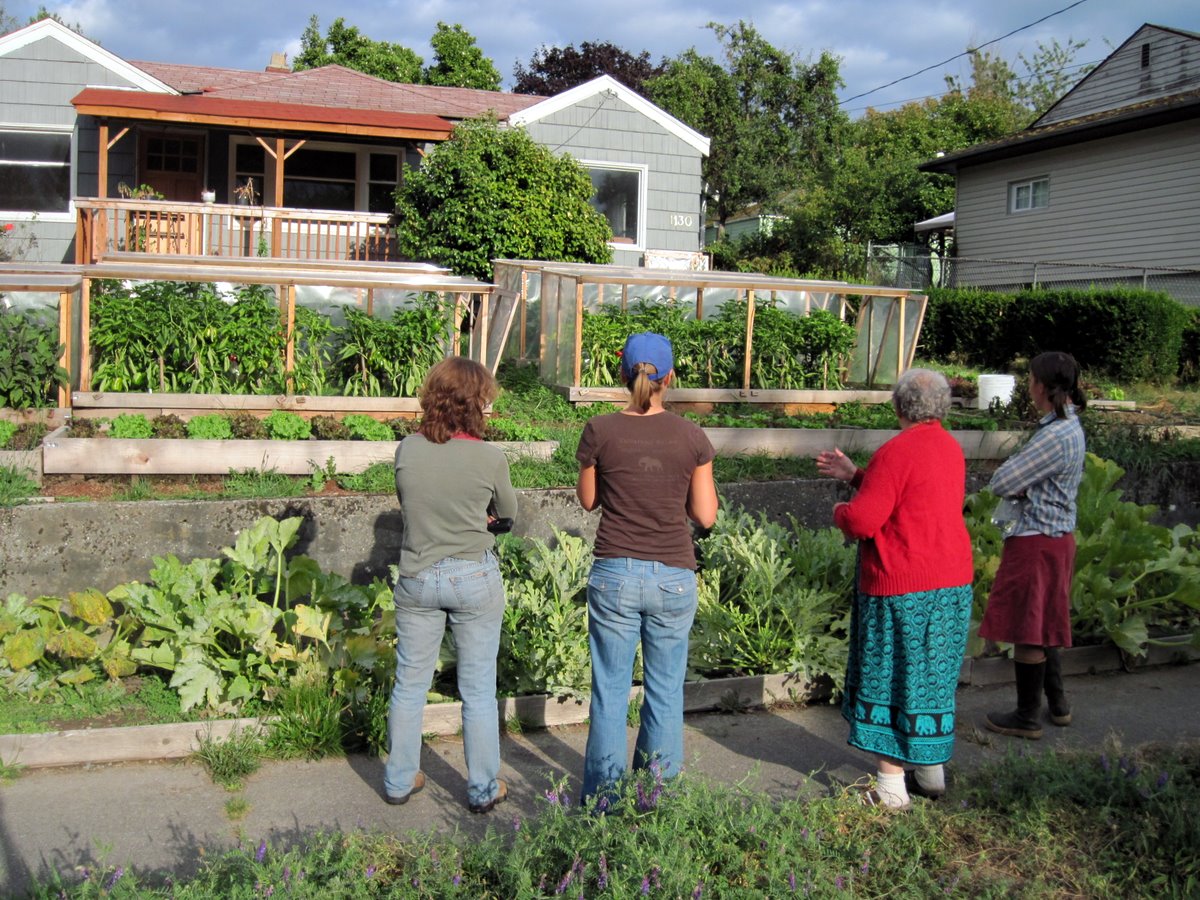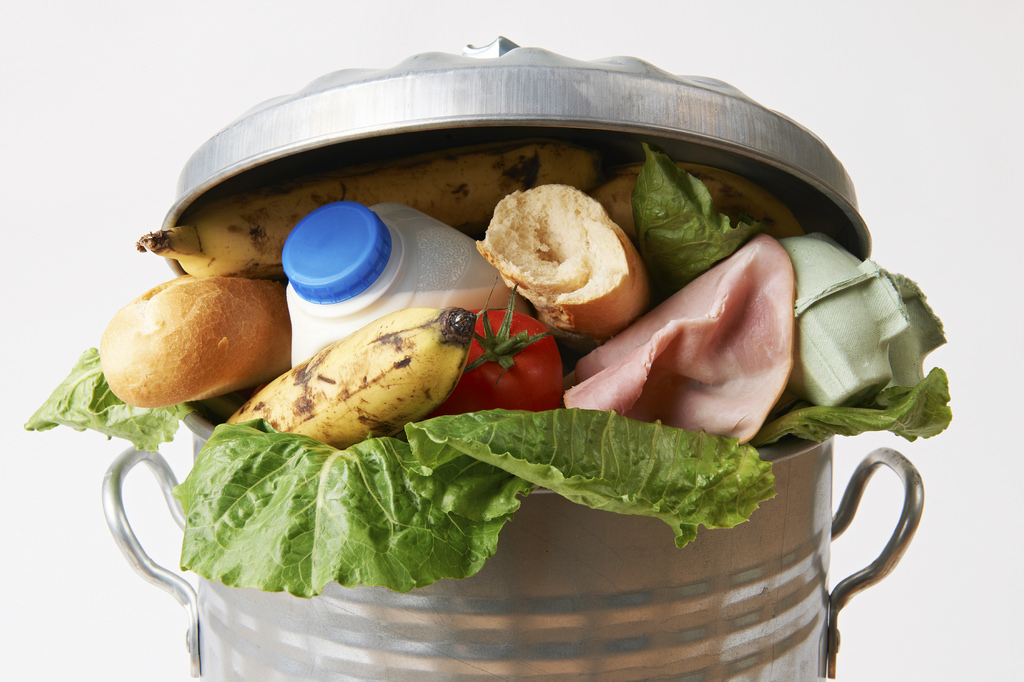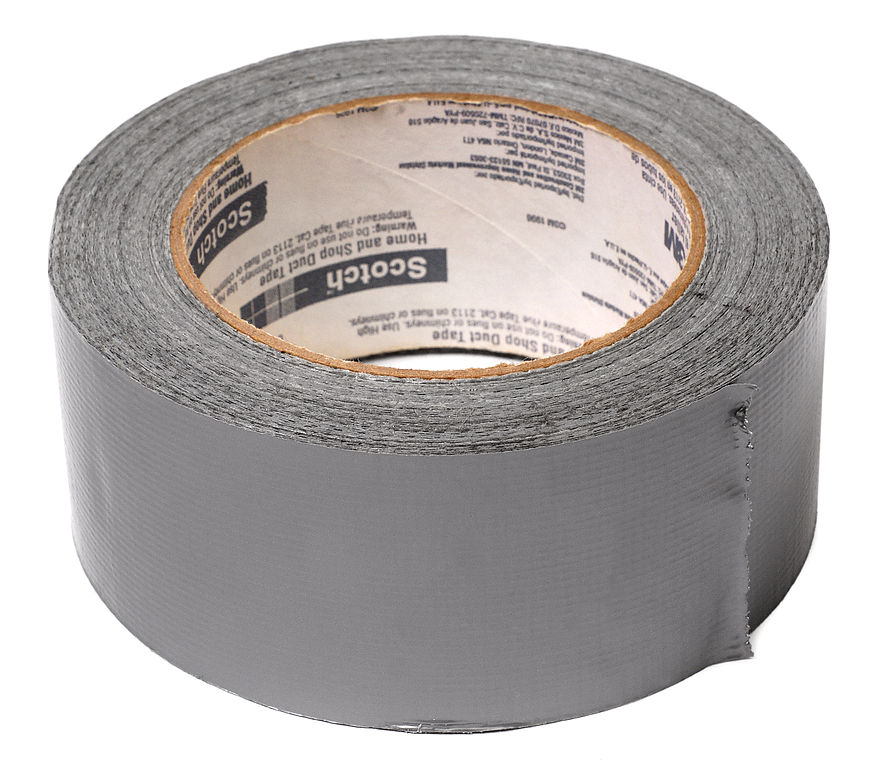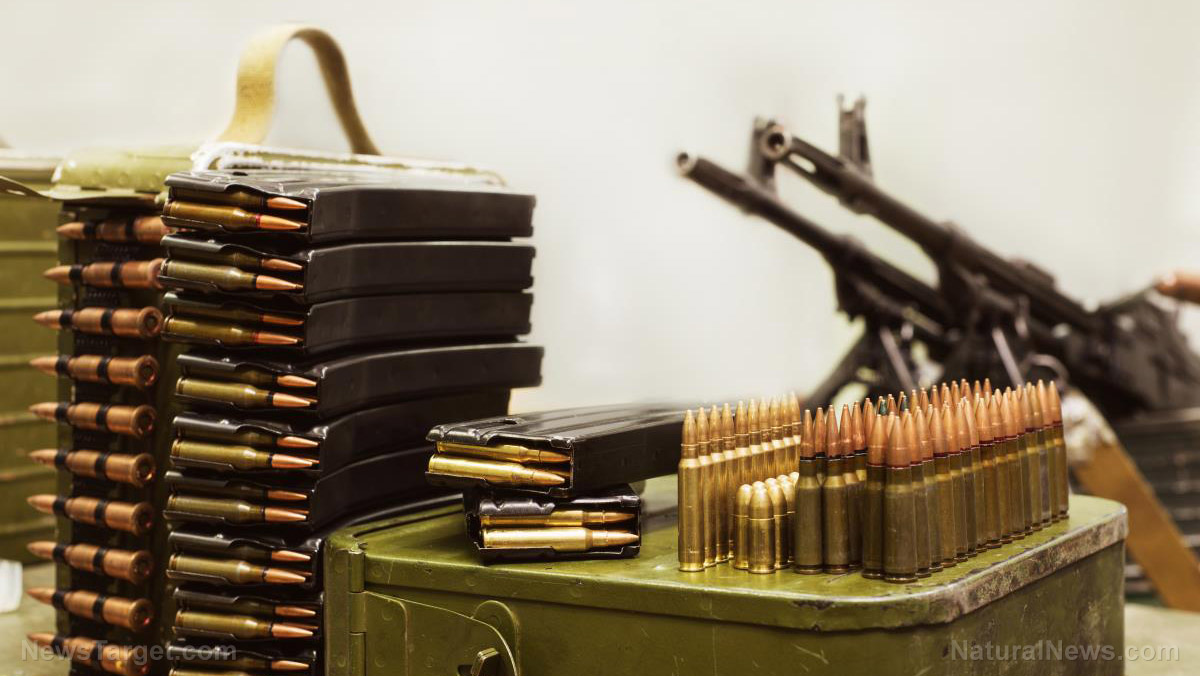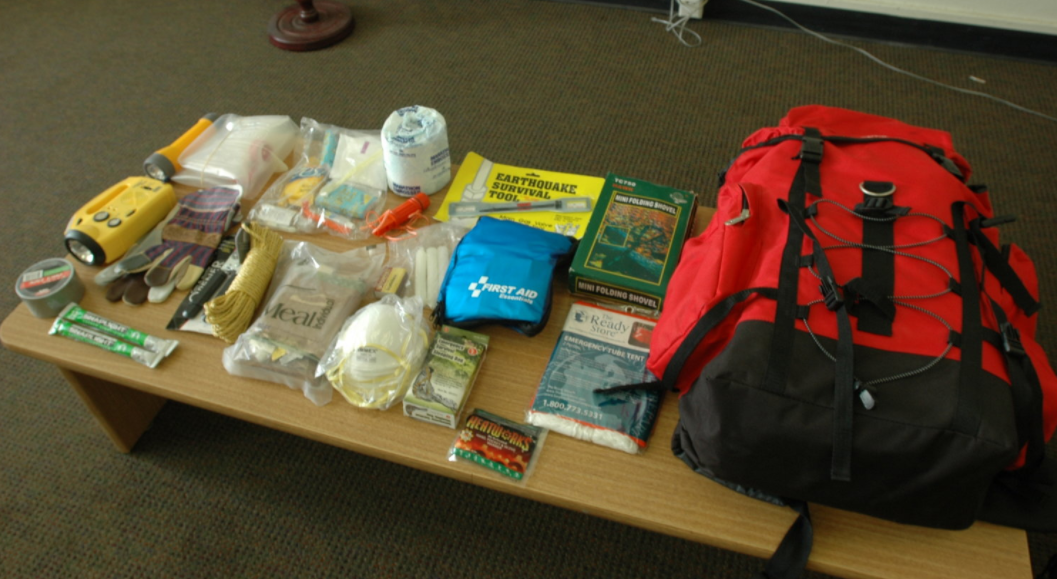So you’ve stocked up on survival items, but have you actually tested your SHTF plan? Here’s what you need to do to become the ultimate prepper
06/20/2018 / By Lance D Johnson

As a prepper, you are someone who cares about the future safety and freedom of your family, no matter what challenges arise. As a prepper, you’ve invested in survival items that will matter most to your family’s survival. In your mental preparations, you’ve calculated the threats you are most likely to encounter. You have a plan to face it all, but when SHTF, the scenarios won’t play out in order, like you mapped out in your head. The things you thought you’d need might have to be left behind. The items you stocked up on – the ones you spent the most money on – could make you a target. But the one question that separates the men from the boys when it comes to prepping is the question:
Have you actually put your SHTF plans into practice, or is it all untested theory? Have you tested your SHTF plan or do you merely have a fairytale survival scenario playing out perfectly in your head?
What would you eat if you stopped grocery shopping for a month?
Have you gone without power for a day, or a week? Have you even tried trading your skills and items with neighbors, families, and friends? Have you tried preparing meals with your survival stash, without electricity? Have you spent a month without purchasing new groceries from the store? Have you forced yourself to eat through the foods in your fridge and pantry – the only foods that will be there when everything really hits the fan? You will quickly learn that you eat mostly out of pleasure and boredom. When forced to conserve your rations, you will learn when you’re body is actually hungry. You may start to take advantage of all the wild foods growing in your area, including dandelions, red clover, cattail, mulberry leaves, ants, worms, pineapple weed, rodents, insects, and fresh road kill.
Practice surviving by turning off your home’s running water
What if the water supply was cut off to your home for a month? You won’t really know how to react unless you put yourself in the actual situation. Do you even have a plan to collect water and/or filter water in your area for drinking? Will you collect rainwater or find a way to harvest groundwater? How long can you operate on the water that is left in the plumbing? You’ll quickly learn how to reuse dishware and clothes in order to conserve water. A hot shower will become an afterthought. You won’t know what these feelings are until you actually practice the scenario by turning off your home’s running water.
Quit relying on your phone and start connecting with people in the moment
Have you ever practiced cutting off your communications? Try contacting people without your phone or your internet connection. Leave your phone at home and depend on your ability to talk to people in the moment. Who will you be closest to – who will you have to get along with – if these communications went down? Do you have a secret meeting point arranged with those you love, in case SHTF? What kind of relationship have you established with your neighbors? The way you treat the people closest in proximity to you now could make all the difference if your community is suddenly forced to rely on itself.
Practice confrontation and negotiation
The people who have faced violent threats in the past are the ones who will know how to instinctively react if they are faced with a violent threat in the future. You think you know how you’ll react to a threat, but when push comes to shove, most people freeze up and/or panic at first. Facing a violent threat is not something you can practice, but if you were fortunate enough to live through high stress situations, your mind is already prepared. The next time you are faced with a threat, your breathing will be stronger, your reaction times faster. If you find yourself constantly going along to get along, stop yourself from assimilating and start questioning people. Start testing your ability to confront and negotiate. These kind of interactions make everyone smarter and stronger, especially in times of great stress.
When you put yourself in actual situations, you prepare your mind and your nervous system. With practice, you soon won’t feel entitled to anything, as true hunger pains take over. The state of “depression” you once claimed suddenly becomes laughable, because times can be tougher. By putting yourself in actual survival situations, you quickly learn how to make do with less, while improvising and making a way, even when things seem impossible.
For more articles on prepper advice, visit Survival.News.
Sources include:
Tagged Under: chaos, communication, electricity, hunger, long suffering, mental toughness, negotiation, off grid, personal safety, PRACTICE, prepping, self-defense, SHTF, survival, trial and error, untested theory, violent confrontation, water collection, wild edibles



